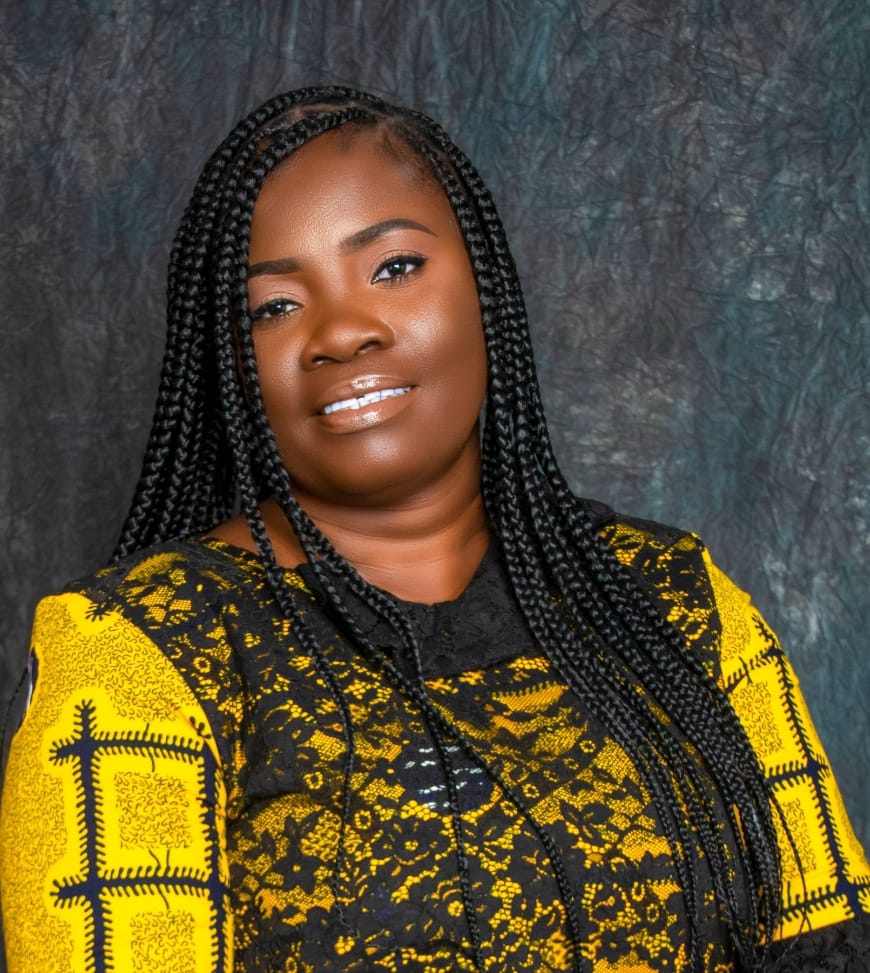After years of economic turbulence marked by ballooning debt, cedi depreciation, and waning investor confidence, Ghana is finally witnessing a refreshing reset under the stewardship of the Governor of the Bank of Ghana, Dr. Johnson Asiama and the current Finance Minister, Cassiel Ato Forson. The duo has not only brought technical clarity to the management of our monetary and fiscal affairs but has also restored hope, discipline, and stability to an economy once gasping for air.
The signs are clear. Inflation is gradually tapering downward, the cedi is holding its ground against major currencies, and foreign reserves are climbing. Investor confidence is returning, and local businesses are beginning to breathe again. The Bank of Ghana’s cautious but firm monetary policy stance, combined with the Finance Ministry’s pragmatic fiscal discipline, has laid the groundwork for sustainable growth.
Credit must be given where it is due. The synergy between the Central Bank and the Finance Ministry is perhaps the most coherent we have seen in decades. Dr.Ato Forson and Dr. Asiamah, known for their technocratic approach and clear-headedness, have shown that sound economics is not about dramatic slogans or borrowing for grand vanity projects—it is about focus, credibility, and getting the basics right.
And yes, let us not forget the men who came before—Dr. Amin Adam and Mr. Ken Ofori-Atta. Their tenure reads like a cautionary tale of what happens when you attempt to manage a dynamic, real-world economy strictly by textbook theories—some of which they perhaps skimmed through at best. With spreadsheets full of hope and forecasts made of dreams, they missed the fundamental truth that economies are not academic case studies; they are lived realities of millions of citizens.
While Ken Ofori-Atta waxed poetic about “homegrown solutions” and “smart borrowing,” the economy was silently hemorrhaging. Dr. Amin Adam followed suit with rhetorical flourishes but little traction. What we got instead was policy acrobatics without real impact and a fiscal path that led us to an IMF negotiating table with cap in hand.
Today, however, the difference is palpable. The economy is being steered not by textbook illusions but by grounded realism. The current leadership understands the Ghanaian economy not just as a theoretical model, but as a living system that requires smart judgment, timely interventions, and—above all—accountability.
The road ahead remains long, but with steady hands at the wheel, the nation can once again begin to dream—and build—confidently.
DISCLAIMER: The Views, Comments, Opinions, Contributions and Statements made by Readers and Contributors on this platform do not necessarily represent the views or policy of Multimedia Group Limited.
Tags:
DISCLAIMER: The Views, Comments, Opinions, Contributions and Statements made by Readers and Contributors on this platform do not necessarily represent the views or policy of Multimedia Group Limited.


